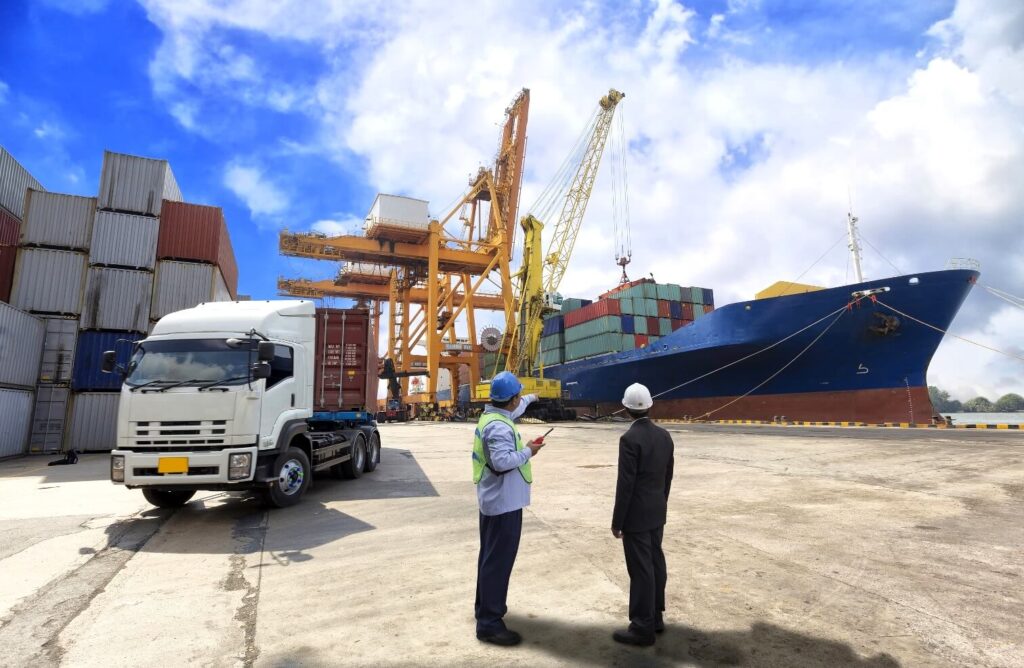In today’s global marketplace, international shipping has become an essential component of business operations, enabling companies to reach customers around the world and access new markets. However, navigating the complexities of international shipping can be daunting, with a myriad of regulations, documentation requirements, and logistical challenges to consider. In this comprehensive guide, we’ll explore the key factors to consider when navigating international shipping and provide practical tips for success.
Understanding the Basics
Before diving into the intricacies of international shipping, it’s important to understand the basics. International shipping involves the transportation of goods across borders, typically via air, sea, or land. Each mode of transportation comes with its own set of regulations and requirements, making it essential to choose the most suitable option based on factors such as cost, transit time, and the nature of the goods being shipped.
Key Considerations
When navigating international shipping, there are several key considerations to keep in mind:
- Customs Regulations: Customs regulations vary from country to country and can have a significant impact on the shipping process. It’s essential to familiarize yourself with the customs regulations of both the exporting and importing countries to ensure compliance and avoid delays.
- Documentation Requirements: International shipping requires a wide range of documentation, including commercial invoices, packing lists, certificates of origin, and import/export licenses. Ensuring that all necessary documentation is complete and accurate is crucial for smooth customs clearance and transit.
- Shipping Incoterms: Incoterms, or international commercial terms, define the responsibilities and liabilities of buyers and sellers in international trade transactions. Understanding and choosing the appropriate Incoterms for your shipments is essential for clarifying pricing, delivery terms, and risk allocation.
- Packaging and Labeling: Proper packaging and labeling are essential for protecting goods during transit and ensuring compliance with international shipping regulations. It’s important to use durable packaging materials and clearly label packages with relevant information such as product descriptions, weight, and handling instructions.
- Transportation Options: When shipping internationally, businesses have a variety of transportation options to choose from, including air freight, sea freight, road transport, and rail transport. Each mode of transportation has its own advantages and limitations, making it essential to consider factors such as cost, transit time, and the nature of the goods being shipped.
Practical Tips for Success
To navigate the complexities of international shipping successfully, consider the following practical tips:
- Work with a Reliable Logistics Partner: Partnering with an experienced logistics provider can help streamline the international shipping process and ensure compliance with regulations. Look for a provider with a proven track record of success in international logistics and a strong global network of partners and carriers.
- Plan Ahead: International shipping requires careful planning and coordination to ensure timely delivery and compliance with regulations. Start planning your shipments well in advance, taking into account factors such as lead times, transit times, and customs clearance procedures.
- Stay Informed: Keep abreast of changes and developments in international shipping regulations and requirements. Subscribe to industry newsletters, attend trade conferences, and consult with experts to stay informed and ensure compliance with evolving regulations.
- Invest in Technology: Leverage technology to streamline and automate the international shipping process. From advanced tracking and monitoring systems to cloud-based logistics platforms, technology can help improve visibility, efficiency, and communication throughout the shipping process.
Conclusion
Navigating the complexities of international shipping can be a daunting task, but with the right guidance and expertise, businesses can overcome challenges and unlock new opportunities for growth and expansion. By understanding the basics, considering key factors, and implementing practical tips for success, businesses can navigate international shipping with confidence and achieve their global objectives.
When it comes to international shipping, partnering with a reliable logistics provider is essential. That’s why we recommend Salama Cargo Kenya Limited. With their years of experience in the industry and a commitment to excellence, Salama Cargo Kenya Limited is well-equipped to handle the complexities of international shipping and provide businesses with the support and expertise they need to succeed.
Whether you’re shipping goods across continents or navigating complex customs regulations, you can trust Salama Cargo Kenya Limited to deliver reliable, efficient, and cost-effective logistics solutions tailored to meet your specific needs. Contact Salama Cargo Kenya Limited today to learn more about how they can help you navigate the complexities of international shipping and achieve your global business objectives.



